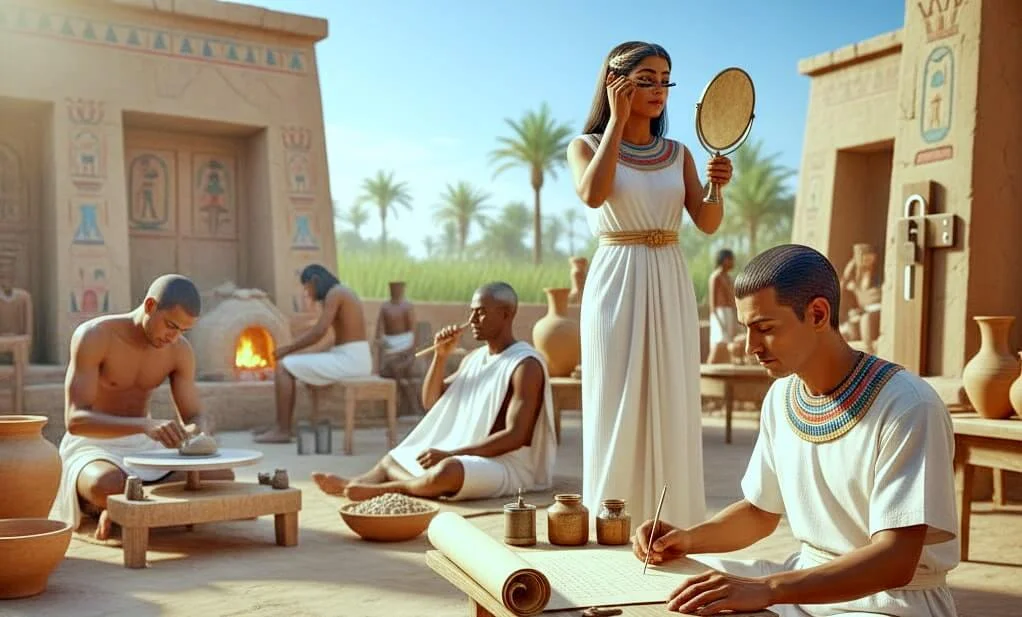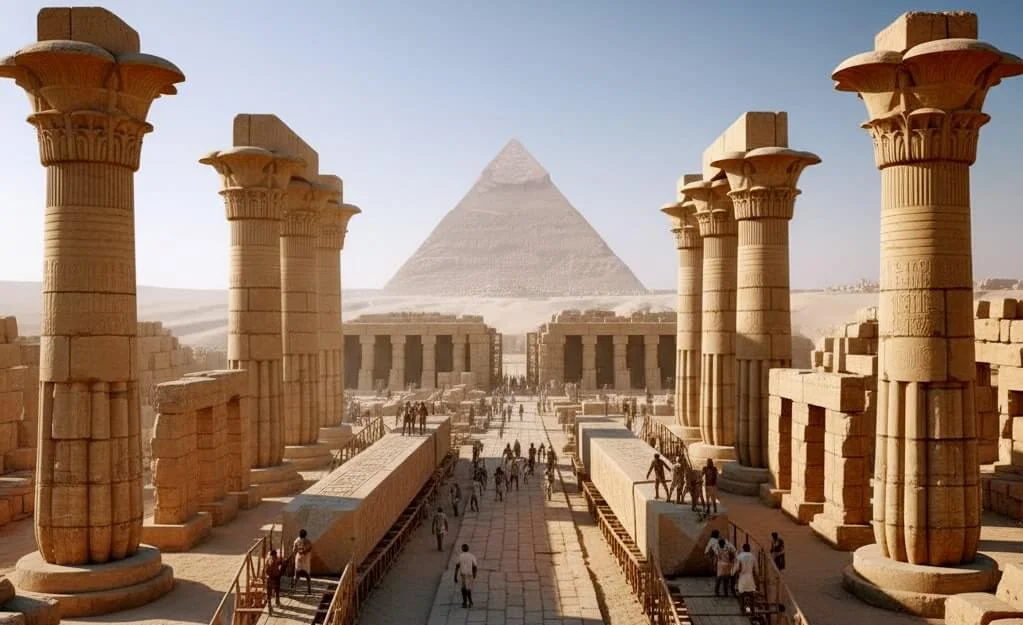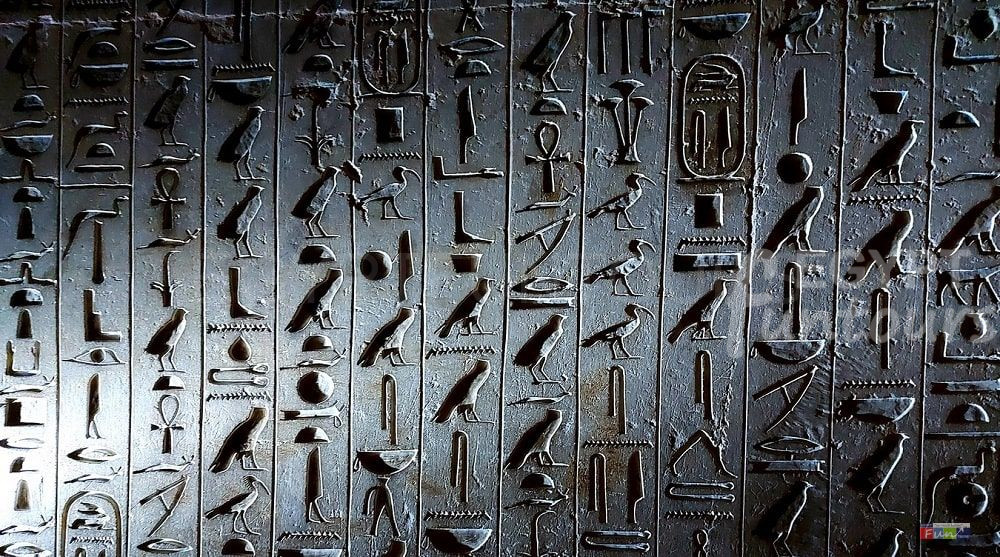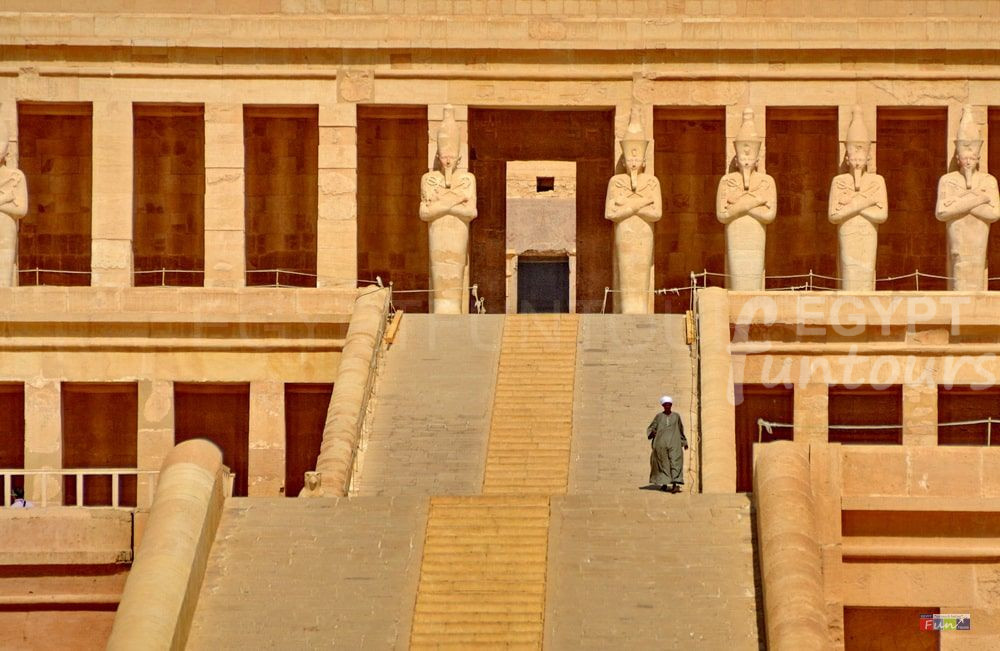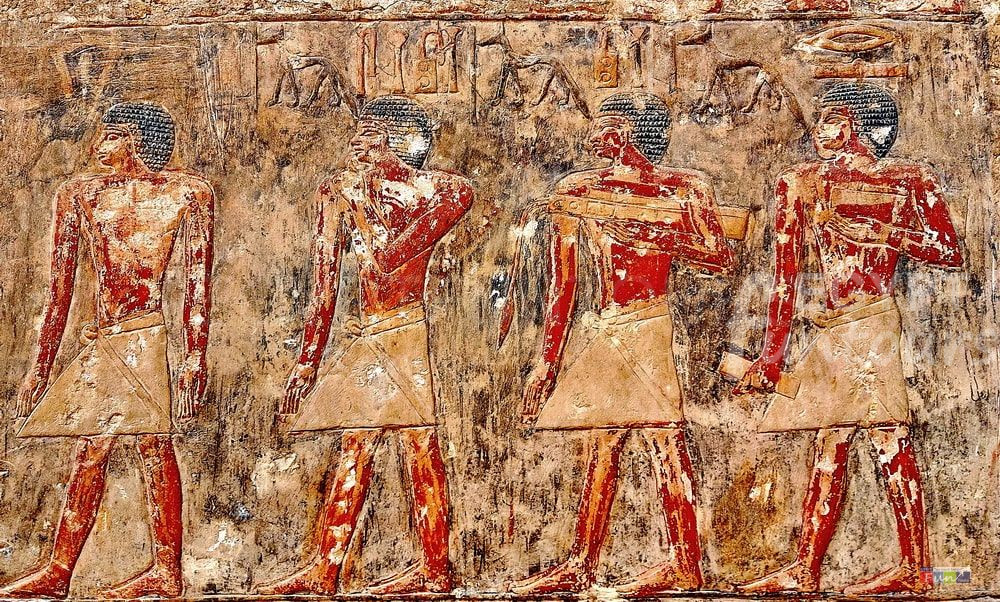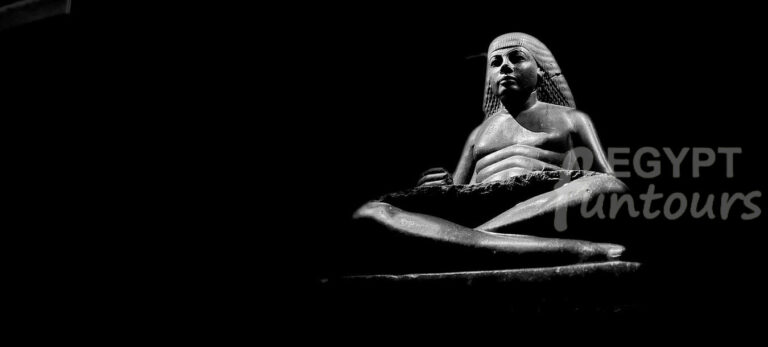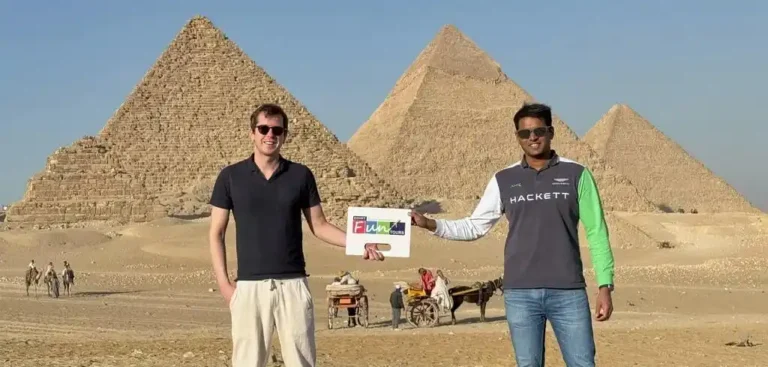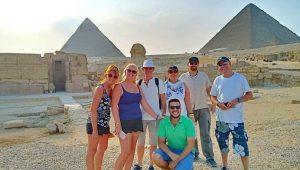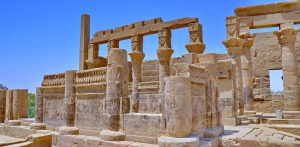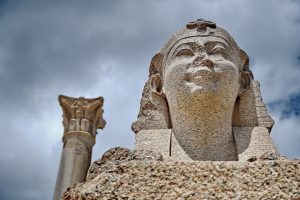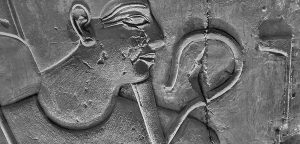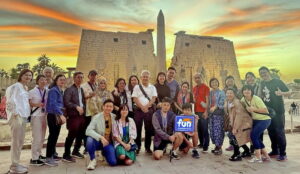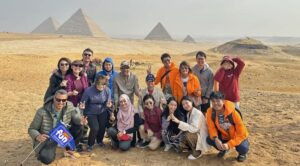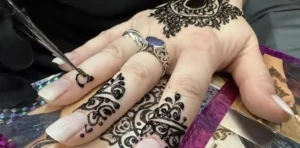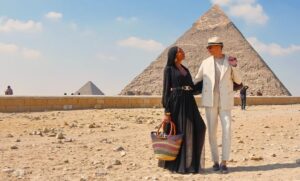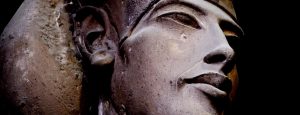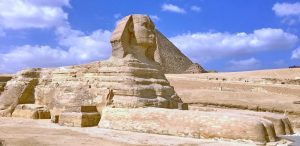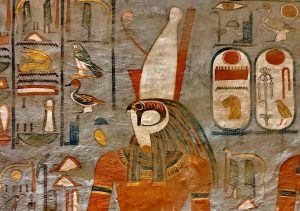Engineering and Scientific Advancements
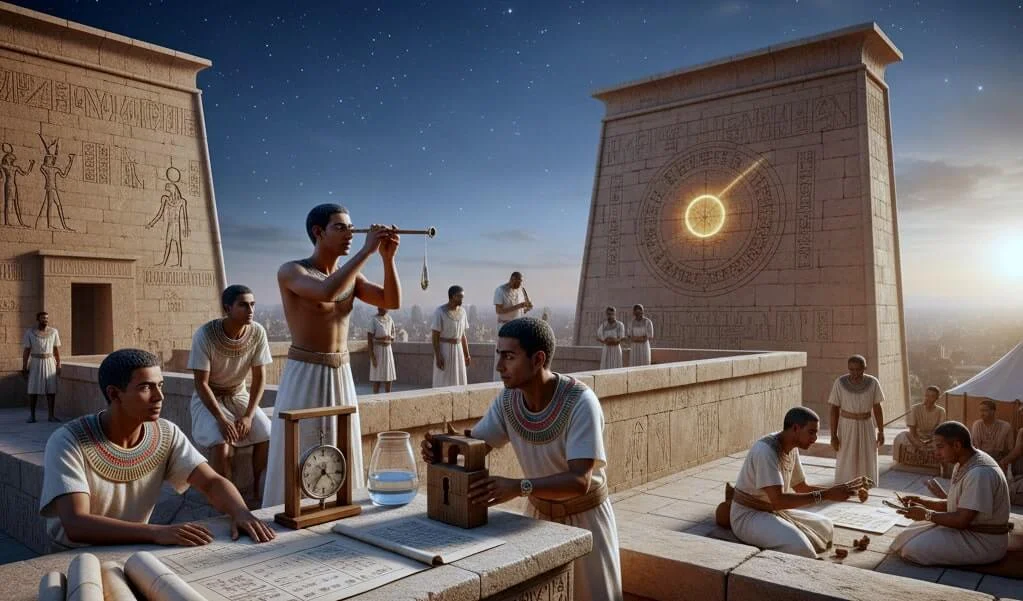
The 365-Day Year: Our Debt to Egyptian Astronomers
The single most important innovation in timekeeping came from ancient Egypt. By observing the annual flooding of the Nile River and the reappearance of the star Sirius in the predawn sky, they developed a solar calendar with exactly 365 days. This calendar, divided into 12 months, was so accurate it remained in use for millennia and served as the direct inspiration for the Julian and eventually the Gregorian calendar that organizes our lives today. To measure the hours of the day, they invented sundials, and for the night, they developed water clocks that used the controlled flow of water to track time. This precision in timekeeping was crucial for agriculture, religious festivals, and daily life.
Locks and Keys: Securing a Civilization
As their society grew in complexity and wealth, the need for security became paramount. Around 4000 B.C., the ancient Egyptians invented the earliest known pin-tumbler lock. Made from wood, this lock consisted of a bolt that was held in place by a series of pins. A simple key, also made of wood, had pegs that corresponded to the lock’s pins. When the key was inserted and pushed upward, the pegs would lift the pins, allowing the bolt to slide open. This fundamental principle of using a key to manipulate internal components to secure a mechanism is still the basis for many modern locks.
Medical Miracles: Surgery and Pharmacology in Ancient Egypt
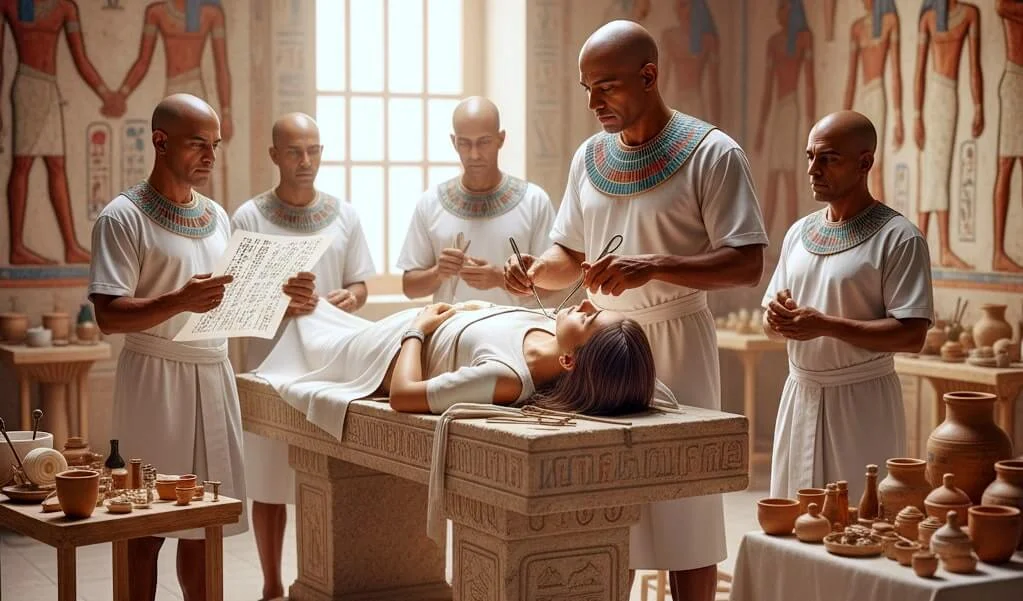
Ancient Egyptian medicine was remarkably advanced for its time. Unlike other ancient civilizations that relied heavily on magic, Egyptian physicians adopted a more rational, scientific approach. The Edwin Smith Papyrus, a medical text from around 1600 B.C., documents a systematic approach to treating injuries, including detailed descriptions of surgical procedures, diagnoses, and prognoses. They understood the importance of hygiene in surgery and used sutures, bandages, and herbal remedies. Their expertise in mummification gave them an unparalleled understanding of human anatomy, enabling them to perform complex procedures such as setting broken bones and treating dental issues. This focus on observation and practical treatment laid the foundation for modern medicine.
Concepts That Shaped the World
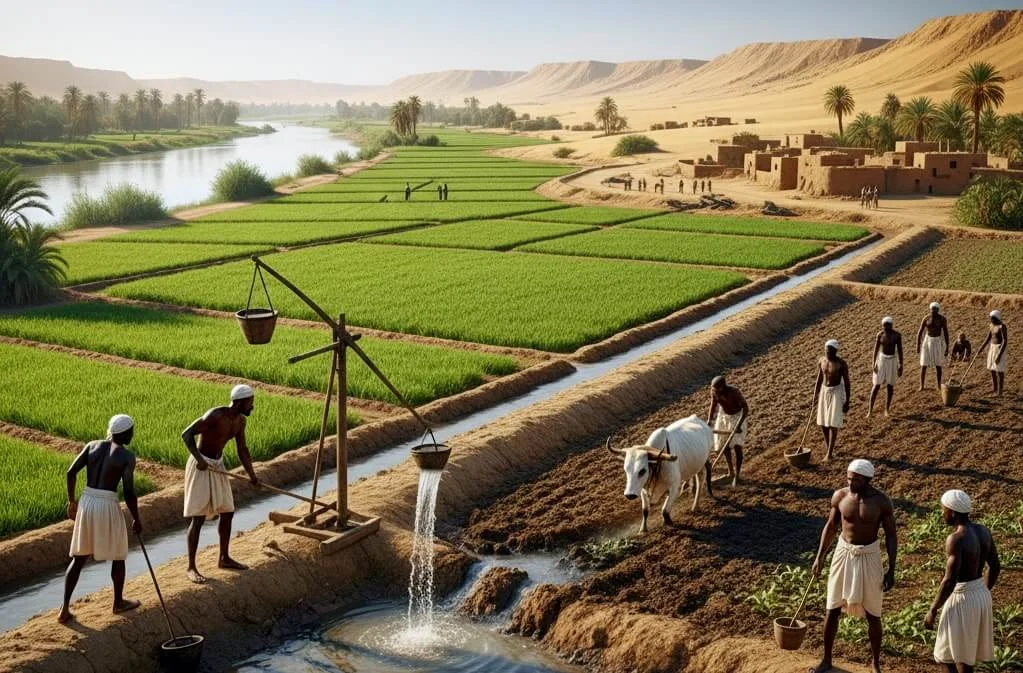
Beyond their physical inventions, the ancient Egyptians created systems and concepts that provided a blueprint for future civilizations. These were not tools or objects, but ideas that organized a complex society and managed the natural world.
Pioneering Public Service: The First Organized Police Force
As their society grew in complexity and wealth, the need for public order and safety became critical. The Egyptians established one of the world’s first organized police forces, a professional body of soldiers and watchmen who maintained peace. Often working in pairs and accompanied by trained dogs, their duties included patrolling public spaces, guarding valuable monuments and tombs, and protecting trade routes along the Nile from bandits. This concept of a specialized force dedicated to public safety and law enforcement became a fundamental principle of governance for future empires, from Rome to the modern day.
Farming the Desert: The Genius of Egyptian Irrigation and Agriculture
The survival and prosperity of Egypt were entirely dependent on the Nile River. To harness its power, the Egyptians became master engineers of irrigation. They developed a sophisticated system of canals and earthen dams to divert water from the annual floods to their fields, allowing them to cultivate vast areas far from the riverbanks. They also invented the ox-drawn plow, a revolutionary tool that made farming significantly more efficient and allowed them to produce a massive surplus of crops, which in turn supported their large population and monumental projects. This mastery of agriculture and water management laid the groundwork for farming practices across the world.

